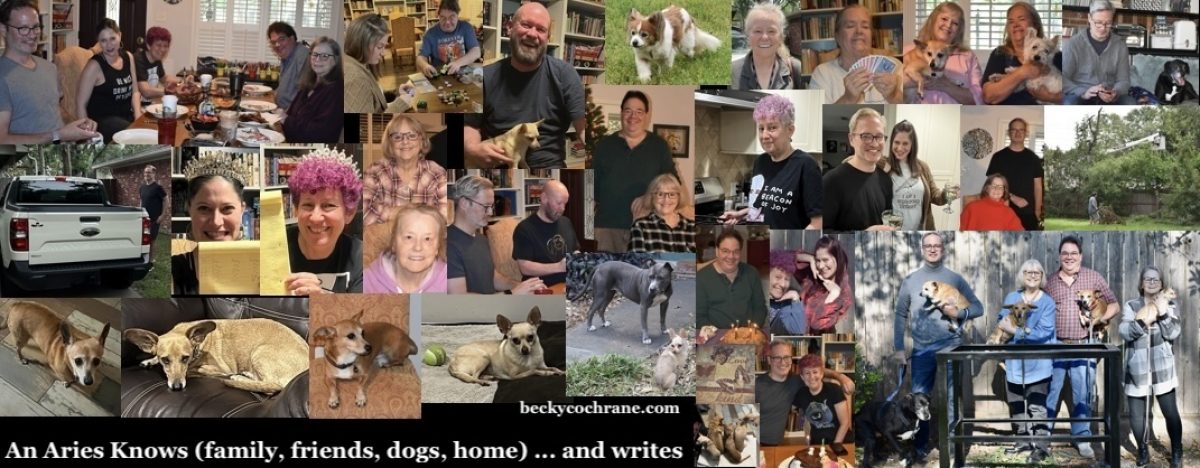The photo previously posted here is by Romain de Tirtoff, under the pseudonym Erté, Winter, in pen and ink from 1978.
When I searched the Internet for art with “winter” in its title, this image showed up and made me laugh, something I’d have thought impossible twenty-eight years ago. I’ve occasionally alluded to this story here. My friends know it and have heard me speak of it many times, and the story is long, so I’ll put it behind a cut in case anyone would rather dodge it.
Back in the 1990s, I lost–more than once–a beloved friend. I was one of several friends he’d pushed out of his life as his illness progressed and made him paranoid and bitter. Was I hurt? I was devastated. I loved him. Did I try to mend whatever was wrong? Yes, to no avail. Was I mad at him? Never. The anger I felt was at the unfairness of how death came too early to this complex, funny, handsome, smart, gifted man when he should have been having some of the best years of his life.
After his death, I remember one day saying out loud to him, Whatever that was that happened, something caused in this life or another, we have nothing unfinished. There’s no karmic debt we need to fulfill in some other place and time. We don’t need to meet again. On my part, there’s nothing to forgive. I love you and let go of you, hoping you’re at peace.
It was freeing. Almost two years later, after two more of our mutual friends had died (one who’d also been banished; another who hadn’t), I made donations to local organizations in their memories, including one for him. A lawyer who knew him and saw a record of that donation got in touch with me, saying he was sure I had questions. He’d be willing to meet with me if I wanted to talk. I chose a playground near The Compound. I won’t repeat my questions out of respect for his privacy, and his family’s, but they were all motivated by my hopes. That he hadn’t suffered too much. That he wasn’t alone at the end. That he’d let go of some of his oldest grudges and people were there to offer comfort and love, and they all found forgiveness.
My questions seemed to confuse the lawyer, and he couldn’t answer some of them and seemed to guess about others. He offered answers to questions I didn’t ask, which in turn confused me. We seemed to have little understanding of each other.
My friend had once told me where he stashed some Christmas ornaments so that if I wanted them when he died, I’d know where to find them. I thought of that and said to the lawyer, “Sometimes I’ve hoped that he wanted someone to give me some token or memento to show he forgave me.” The lawyer shook his head with a look of pity and said, “No. There was nothing like that.” That reality didn’t bother me, but long after the meeting, I continued to wonder about the pity.
Maybe it was on my mind when I fell asleep one night, because in the middle of the night, I was brought wide awake when I heard the voice of the mutual friend who’d never been “fired,” as a group of us used to call it, say clearly, “Get the will.” I lay there in utter confusion waiting for more, but all I heard were the snores of my husband and our dogs Margot and Guinness.
I told a friend at work about it the next day, and she went into action on my behalf. Estate documents are public record, and she got a copy of his will for me from the probate court. I vaguely remember reading through all the documents, and that was the first time I knew that I was left several things in his will (including some valuable Erté prints, so now you know what prompted this post). Don’t worry. No one had defrauded me, including the lawyer. There was also a codicil, in which he rescinded those bequests and directed them to go elsewhere. I’d been disinherited, something I thought happened only in novels.
My first reaction was sadness for him, that near the end of his life he wasted any of his time on things. Material things that didn’t matter. Corrosive things like anger and grudges.
My second reaction was laughter. It was so him, this flawed, beautiful man, keeping some kind of mental spreadsheet of who he thought had wronged him until the very end.
I believe when you love someone, really love a person, as I loved him, you can only embrace all of what makes them so human, so fragile, so maddening, and finally, unique.
Years later, a mutual acquaintance spontaneously gave me something that had once belonged to my friend. I had, finally, been given a token, a memento, nothing with any value except sentimental, when I least expected it. That item is one of the things I can’t find, but it’s okay. It fulfilled its purpose. I love my friend still. He was a million good things that had nothing to do with anything he owned or had in the bank.
Shine on, you crazy diamond.

A Winter’s Tail
There are similarities.
It is sad that he was angry with you and others that loved him. Him not his stuff or money. But when you love someone they can’t stop you from loving them. Love on!
Good point!